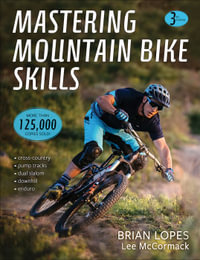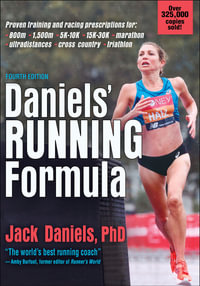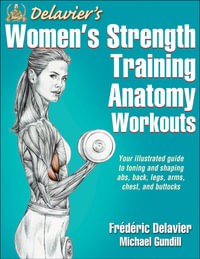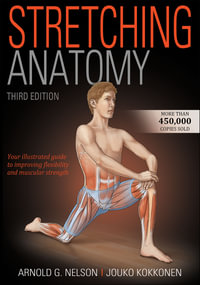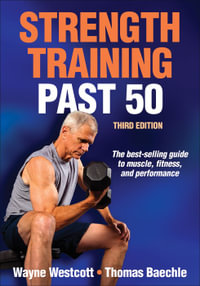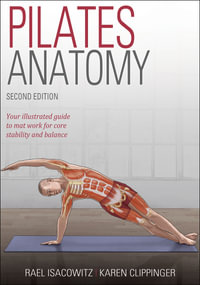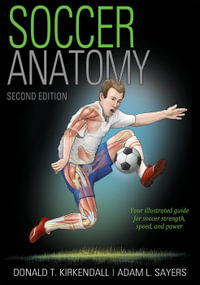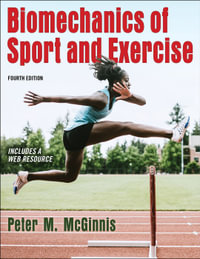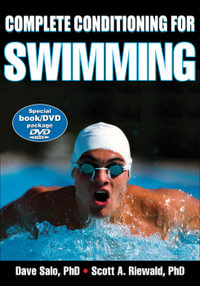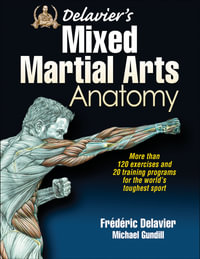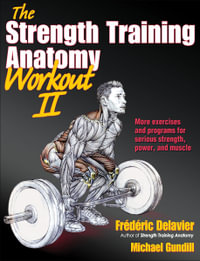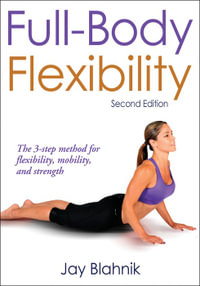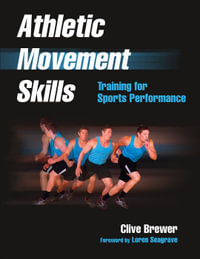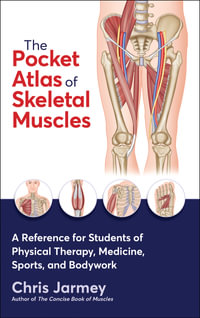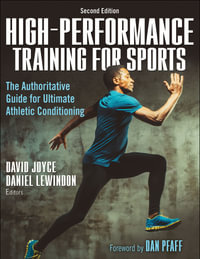The premier text for athletic taping and bracing is back in a stunning fourth edition. Newly expanded to cover casting techniques, Athletic Taping, Bracing, and Casting, Fourth Edition With HKPropel Access, continues to set itself apart from the pack with superior photos and illustrations, precise step-by-step instructions, and pinpoint focus on the techniques that athletic trainers and therapists are most likely to apply in clinical practice.
Author Ian McLeod joins veteran author David Perrin in this fourth edition to lend further expertise in the application guidelines and precautions for casting and splinting. Additional enhancements include the following:
• New related online learning tools delivered via HKPropel feature featuring 56 competency testing checklists that detail the steps required to show competency
• Related online video with demonstrations of proper technique, including six clips dedicated to casting
• Twenty new casting and splinting techniques for Achilles tendon ruptures and common fractures of the foot, ankle, elbow, wrist, and hand
• Information about the importance of evidence-based practice for the techniques, presented by special contributor Carrie Docherty
Athletic Taping, Bracing, and Casting, Fourth Edition, features more than 650 full-color illustrations and photos demonstrating the most frequently applied procedures in clinical practice, some of which are broken down into as many as 16 steps. The book follows a systematic approach for each major joint and body region, covering traditional taping as well as rigid strap taping, elastic kinesiology taping, and techniques for immobilization with casting and splinting. The photos that depict taping sequences feature tape with darkened edges that enable readers to distinguish the layers and patterns of the tape applied in each step, providing invaluable visual aids for both students and professionals. In addition, icons in the text will indicate when a technique is also demonstrated in the companion online video.
With its concise anatomical descriptions and detailed anatomical illustrations similar to those normally found in advanced texts on anatomy, Athletic Taping, Bracing, and Casting clearly highlights the mechanisms of injury that are crucial for understanding effective taping, bracing, and casting. To further support the practice, the book also presents basic stretching and strengthening exercises for injury rehabilitation. These exercises are illustrated for each body part and can be used in conjunction with the taping, bracing, and casting techniques to prevent injury and help rehabilitated patients maintain strength and flexibility and safely return to play.
The clear instructional guidance and robust visual support offered in Athletic Taping, Bracing, and Casting, Fourth Edition, will allow both future and current athletic trainers to build proficiency—and then mastery—of the performance of these techniques.
Note: A code for accessing HKPropel is included with all new print books.



